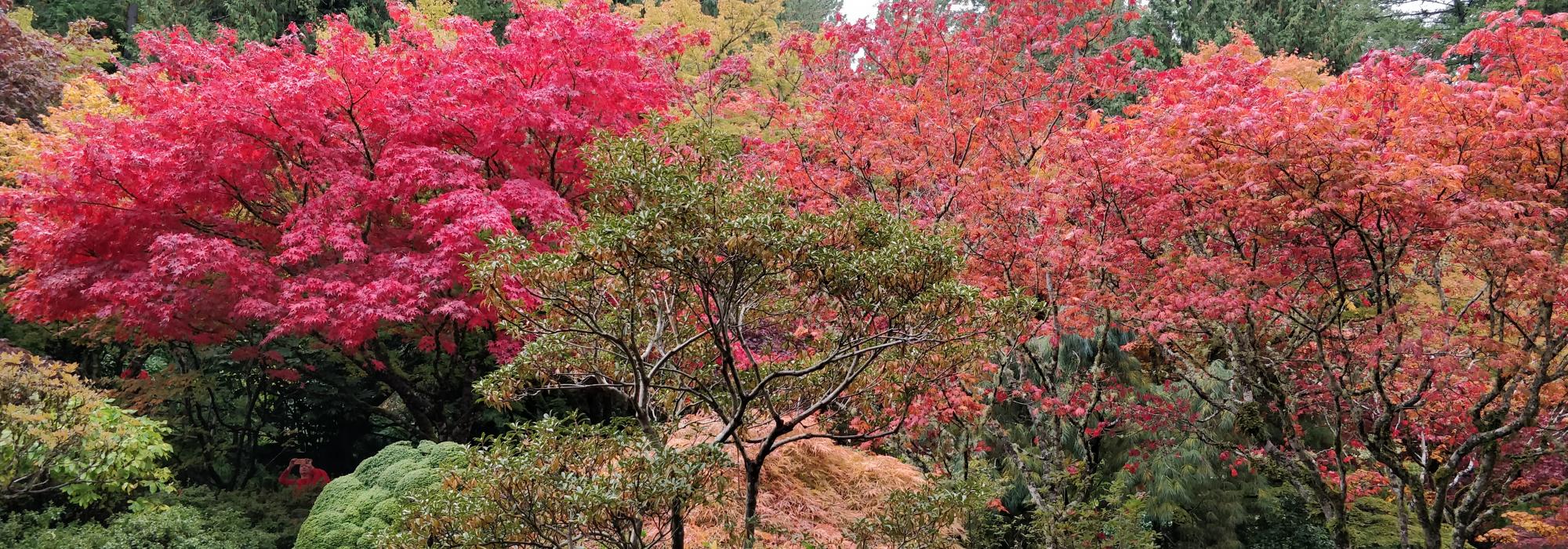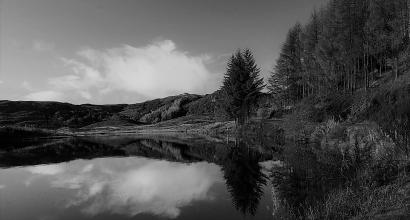Won't you be able to tolerate it for a night? – Kāñcanaprabhā said. Soon after, she went away with her child. Naravāhanadatta came to Kauśāmbi. At night, as he was falling asleep, Gomukha narrated to him this tale of Pṛthvīrūpa –
Story of King Pṛthvīrūpa
There is a town called Pratiṣṭhāna in Dakṣiṇāpatha. It was ruled by an extremely handsome king named Pṛthvīrūpa. Once a śramaṇa looked at him and said, “Deva! We have roamed about the whole wide world; we have not come across man or woman who can match you in beauty; but Rūpadhara and Hemalatā, the king and queen of the island of Muktipura, have a daughter named Rūpalatā; she alone is a match to you in beauty. If you two unite, it will be a great fortune!” Then the king called his royal painter Kumāridatta and said, “Paint a picture of mine and go along with him to Muktipura. By some subtle means, show my image to Rūpadhara and his daughter. Find out if he is interested in giving her hand in marriage to me and then, paint her portrait and bring it to me.” Saying so, he sent them all to Muktipura. Kumāridatta went there with the śramana and announced, “There is no painter who can equal me!” as he tied a notice at the door of the royal palace. Upon learning of this, the king sent for the painter, who told him, “Mahārāja! I have roamed about the entire earth; therefore I can draw the portrait of anyone, ranging from the devas to asuras to human beings.” Then the king called for Rūpalatā and told the painter, "This is my daughter; let me see if you can paint her portrait!" As per his instructions the painter prepared a lifelike painting of Rūpalatā and showed it to the king, who accepted his work with appreciation. The king then said, “Noble sir! You have roamed about the vast earth; from your experience, tell me: who indeed is there, man or woman, who can match the beauty of my daughter?” The painter replied, “There is no one; but King Pṛthvīrūpa of Pratiṣṭhāna possess good looks that match your daughter. If the two of them unite, it will be wonderful. Although he is in the prime of his youth, he has not yet married since he hasn't found a princess who is fit for him. Since he looked extremely handsome, I made a painting of him out of curiosity.” When the king asked, “Do you have that painting?,” the painter pulled it out and showed it to him. Looking at the king’s portrait both father and daughter were dumbstruck. The king immediately agreed to have his daughter married off to Pṛthvīrūpa and sent a royal messenger along with the painter to Pratiṣṭhāna. Then, along with his entire family, Pṛthvīrūpa set out for the island of Muktipura. But on the way, he had to fight with the Bhillas. He along with his trusted warrior Nirbhaya routed the Bhillas. The ambassador of Rūpadhara who had travelled along with him was impressed to see his valour. And to get rest, he had to halt journey for a day. On the shores of the sea, he had to halt for another day in the city of Putrapura. There he was treated as a king should be by the king Udāracarita of Putrapura In this manner, it took him eight long days to finally reach Muktipura. He got married to Rūpalatā in a grand wedding ceremony and brought her back with him to Pratiṣṭhāna. The painter and the śramana were rewarded appropriately. Thus, men of fortitude put up with long days of separation from their beloved. Can’t you spend one night? – he said. In this manner, speaking with others in his retinue, Naravāhanadatta spent the night.
The next morning, even as he had completed his daily ablutions and prayers, Kāñcanaprabhā descended from the sky along with Alaṅkāraśīla, Dharmaśīla, and Alaṅkāravatī. Thousands of vidyādharas accompanied them with loads of gold and precious gems. Vatsarāja along with his wives and ministers welcomed them. The king of vidyādharas used his prowess and sprinkled some water in the quadrangle and made a golden platform covered with divine clothes to appear. He followed it with a maṇḍapa studded with precious gems. Alaṅkāraśīla then gave his daughter Alaṅkāravatī’s hand in marriage to Naravāhanadatta and returned home with his wife and son.
2. After some time, Kāñcanaprabhā took her daughter and son-in-law to Sundarapura. Naravāhanadatta stayed there for a month along with his wife, visited the temple dedicated to Śiva, enjoyed his visits to all the gardens and lakes, and returned to Kauśāmbī. Kāñcanaprabhā accompanied her daughter and son-in-law. In the presence of Vatsarāja and Vāsavadattā she addressed her daughter in a bid to give her good counsel, thus, ‘My dear daughter! Don’t ever be envious or angry and hurt your husband! The resulting separation is difficult to bear; I, due to envy, have previously hurt my husband; now I repent once he has gone to the tapovana to do penance!’ After this interaction she returned to Sundarapura.
One day a frightened woman suddenly entered the palace and sought refuge under Alaṅkāravatī, ‘Devī, help me! Save me! A brāhmaṇa is waiting outside to kill me!’ She assured her of her safety and asked her as to why that brāhmaṇa wants to kill her. She said –
The story of Aśokamālā
My name is Aśokamālā; I’m the daughter of a named kṣatriya Balasena who is a resident of this city; a brāhmaṇa Haṭhaśarman wanted to marry me. I refused it and told my father thus, ‘He is not good looking; I’m afraid even to see his face; I won’t stay with him if I'm forcibly married to him!’ Hearing this the brāhmaṇa as a protest, renounced food and water and stayed in my house. My father, afraid of consequences relented; thus even against my will I was given to him by marriage; I left him and found a kṣatriya youth; haṭhaśarman used his financial clout to torture him, so I left him and found another kṣatriya youth who was rich; haṭhaśarman burnt his house one night; so that youth left me, I found another kṣatriya youth and the result was the same; I’d to leave him too. Like this, haṭhaśarman has been following me relentlessly, I finally found refuge under Vīraśarman who works for you, today by chance Haṭhaśarman noticed me outside and has chased me in a bid to kill me using his knife; I ran towards the palace; the pratīhāriṇī (female doorkeeper) was kind enough to allow me inside; he still waits outside.
Naravāhanadatta summoned him and asked, ‘O brāhmaṇa, Why do you want to kill this woman? Why set fire to other people’s houses?’ Haṭhaśarman replied ‘This woman is my lawfully wedded wife, O king. How could I ever take it lying down if she decides to forsake me and run off?’ Listening to these words, a sorrowful Aśokamālā cried ‘O guardians of the corners of this world! Did I not take an oath with you as my witnesses that I wouldn’t live in the house of the man who married me out of sheer stubbornness?’ As if on cue, a heavenly voice resoundingly spoke: “Aśokamālā speaks the truth. She is not a mere mortal. There is a vidyādhara king by name Aśokakara. He had no sons, but had one daughter named Aśokamālā. When she attained youth, she was so enamoured by her own beauty that she would turn down every single suitor who sought her hand. This made her father angry. He cursed her thus: ‘May you take birth among mortals. An ugly brahmana shall marry you out of sheer adamance. You will fear him and will eventually forsake him and marry three men one after another. Then one day, chased after by your ungainly husband, you will enter a palace where your curse will be lifted!’ So, know this Aśokamālā as a vidyādharī reborn. Released from her curse, she will soon wed a vidyādhara king called Abhirucita and be happy with him”. Listening to those words, the very next instant, Aśokamālā dropped down lifeless. An aghast Haṭhaśarman who saw his wife die right in front of his eyes, started wailing loudly, overcome with grief, anger and compassion. Soon, to everyone’s surprise he wiped off his tears and started smiling! When quizzed, he replied ‘I just remembered the story of my past life. Let me narrate it for you, listen forth!’ and proceeded thus –
Story of Sthūlabhuja
On the slopes of the Himālayas is a town called Madanapura. It is ruled by a vidyādhara king called Pralambabhuja. He had a son named Sthūlabhuja. When the prince came of age, another vidyādhara king called Surabhivatsa who had a daughter named Surabhidattā expressed his wish to offer his daughter’s hand in marriage to him. The vain Sthūlabhuja however refused to marry the maiden saying that her looks are only mediocre. Despite his father’s repeated entreaties, he did not budge from his decision. An upset Pralambabhuja cursed him for it thus, ‘Your vanity will be the cause of your downfall. Due to your excessive pride and arrogance brought about your comely looks, I curse you to be born as a man with ungainly looks.’ Surabhidattā hearing this pleaded, ‘Pronounce a curse upon me too, let not my husband suffer alone.’ Hearing this Pralambabhuja was pleased, he said, ‘When Aśokamālā’s curse is lifted, so shall yours be! Then you will remember your past life. With your pride vanquished you’ll marry Surabhidattā.’ I am that very same Sthūlabhuja.
Then Haṭhaśarman bowed to Naravāhanadatta and flew up to the heavens. When everyone was awestruck by what had just happened, Gomukha exclaimed that he would narrate the story of Anaṅgaratī, which resonated well with the strange event they had just witnessed.
The current article is a translation of Prof. A R Krishnasastri’s Kannada classic Kathāmṛta along with additional segments added from the original Kathā-sarit-sāgara (of Soma-deva). Bṛhat-kathā-mañjarī (of Kṣemendra) and Bṛhat-kathā-śloka-saṃgraha (of Budha-svāmin) have also been referred to. The translation has been rendered by Raghavendra GS, Arjun Bharadwaj, Srishan Thirumalai, and Hari Ravikumar.
The original Kannada version of Kathāmṛta is available for free online reading. So are the other works of Prof. Krishna Shastri









































